What is the difference between a diesel tuner and a diesel module?
Posted on February 17 2022

What is the difference between a diesel tuner and a diesel module?
You want to make an easy modification to your diesel truck, so you start doing your research and come across tuners, programmers, chips, and modules. You’re confused. And you have every right to be. People in diesel forums seem to use these terms interchangeably, and when you ask your buddy about it he frantically changes the subject to secretly cover the fact that he has no idea either.
Fear not – the team at Dr. Performance is here to help. To understand how tuners and modules are different, we will first learn about what an Engine Control Module (ECM) is.
What is an Engine Control Module?
Simply put, the Engine Control Module (ECM), is the brain of the engine. The ECM is constantly monitoring things like engine temperature, exhaust gas temperature (EGT), coolant temperature, injection timing, fuel rail pressure (FRP), manifold absolute pressure (MAP), revolutions per minute (RPM), and much more. These variables in combination with throttle input determine how much fuel and air the ECM will add to the engine.
The ECM knows how much fuel and air to add based on how the ECM is programmed (often referred to as “tuned”). The ECM uses a lookup table to determine how much fuel and air to add based on the values of the other variables.
In addition to knowing how much fuel and air to add, a trucks ECM is programmed with minimum and maximum parameters for each of the variables. For example, your trucks ECM knows to shut down the engine or go into reduced power mode if the engine hits a certain temperature.
What is a Diesel Tuner?
A diesel tuner, or programmer (they are the same thing), downloads a new set of parameters and a new lookup table to your trucks ECM. This overrides the trucks original ECM and voids any existing warranty.
Tuners are typically plugged into the OBD-II port under the steering wheel and then the tune is downloaded to the ECM. Once the download is complete, there is no need for the tuner to remain plugged in.
Some companies sell handheld tuners that come preprogrammed with one or more tunes. Most of these tuners also come with the ability to download the stock tune back to your ECM. Other tunes are installed via a computer at your local diesel shop (these are much more custom tunes). Be cautious though – even if you set your tune back to stock, the dealership is able to see that changes were made.
Tuners are capable of creating significant power gains for your truck, and sometimes even fuel gains. But heed warning. Because the truck is now operating outside of the safety parameters designated by the manufacturer, you are more likely to encounter costly part failures. And with a voided warranty, you will be stuck footing the bill.
What is a Diesel Module?
A diesel module (sometimes called a chip) plugs in between your trucks ECM and one or more of the engine sensors. The module manipulates the signal from the sensor(s) and provides a different one to the ECM. Essentially, a diesel module is telling a lie to your trucks ECM in order to get the desired output. Because modules do not download over the ECM like a tuner, once the module is unplugged it is untraceable.
The Dr. Performance Pro Performance Module plugs in between the ECM and FPS and MAP sensors under the hood – all using OEM connections. The Dr. Performance Module is designed to optimize fuel pressure and boost in the lower RPM band where most daily driving is spent. This results in more power and fuel efficiency, all without voiding your warranty or risk of operating outside of your trucks safety parameters.
The Dr. Performance Pro Performance Module is trusted by thousands of hard-working diesel owners all over the world. We have been in the diesel industry for over 20 years and stand behind all our products with a 30-day money back guarantee. If you are considering making a modification to your truck, we would love for you to check us out. Find our modules here or give us a call anytime and talk to a real person at (800) 406-5257.
